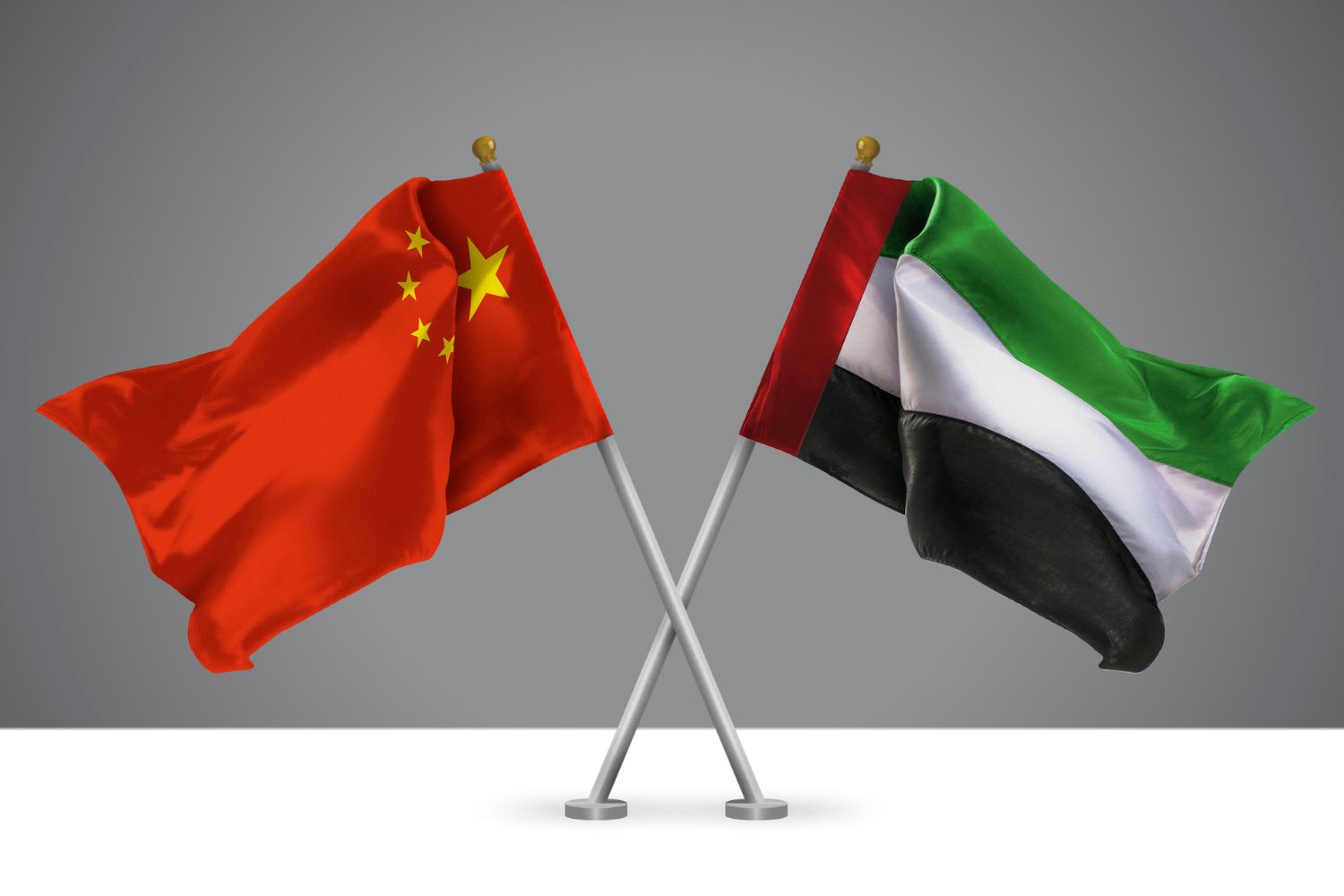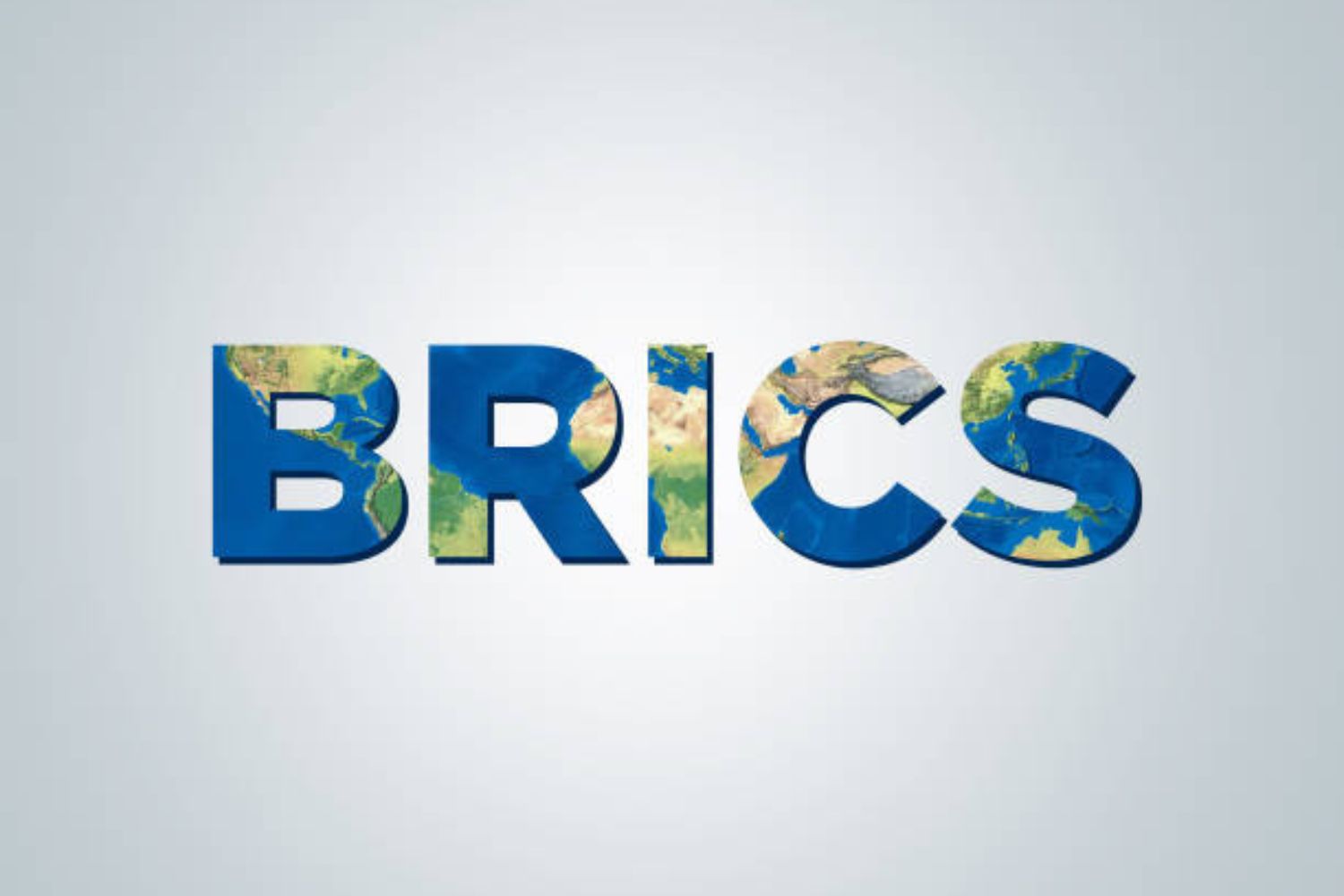In recent years, the ever increasing high-tech cooperation between China and the United Arab Emirates (UAE) has drawn significant global attention. This collaboration spans various sectors, including telecommunications, artificial intelligence (AI), and renewable energy. However, the increasing closeness of China-UAE relations in these strategic and technologically advanced areas is not without its geopolitical implications, particularly concerning the United States.
The U.S. views this cooperation through a lens of strategic competition with China and is expected to scrutinise and exert pressure on both China and the UAE in response. China and the UAE have developed a multifaceted partnership, leveraging each other’s strengths and strategic locations. For China, the UAE represents a critical node in its Belt and Road Initiative (BRI), serving as a gateway to the Middle East and Africa.
The UAE, on the other hand, benefits from China’s technological advancements and investment capacity. Sheikh Mohamed and Chinese President Xi Jinping met on Thursday and agreed on closer cooperation, including in cutting-edge technologies such as artificial intelligence, a sensitive area for Washington. Huawei, the Chinese telecommunications giant, has been instrumental in rolling out 5G networks across the UAE.
This technology is essential for the UAE’s ambitions to become a leading digital economy. However, Huawei’s involvement has raised alarms in Washington due to concerns over potential security risks and the company’s alleged ties to the Chinese government. The UAE has invested heavily in AI and smart city technologies, with China’s expertise playing a pivotal role. Some of the projects include, the Masdar City in Abu Dhabi, designed to be one of the world’s most sustainable urban developments, heavily incorporate Chinese technology.
China’s SenseTime, an AI company, has also established a research presence in the UAE, focusing on areas such as facial recognition and smart surveillance. The U.S. views the growing China-UAE high-tech cooperation as part of a broader challenge posed by China’s global technological and economic ambitions. The primary concerns for the U.S include security risks, technological dominance and geopolitical influence. The U.S. has long argued that Chinese companies like Huawei could be compelled to share data with the Chinese government, posing security risks to countries using their technologies.
In a region as strategically vital as the Middle East, these concerns are magnified. The U.S. is wary of China establishing technological dominance in critical areas like 5G, AI, and renewable energy. Such dominance could not only shift the balance of economic power but also give China leverage in setting global standards and norms in these technologies. The deepening of China-UAE ties can be seen as part of China’s strategy to expand its influence in the Middle East, a region traditionally within the sphere of American influence.
ALSO READ: BRICS Cooperation- China and Egypt strengthen partnership
This shift could impact U.S. interests and its strategic alliances in the region. The U.S. is expected to increase diplomatic efforts to persuade the UAE and other regional partners to limit their engagement with Chinese technology firms. This could involve high-level diplomatic talks and leveraging existing security and economic partnerships. The U.S. is likely to strengthen its technological alliances with other countries to offer alternative solutions to Chinese technology.
Initiatives like the Clean Network program, which aims to ensure that countries only use “trusted” telecommunications equipment, are examples of efforts to create a counterweight to Chinese technology. The U.S. may also increase military and security assistance to the UAE to counterbalance China’s growing influence. By enhancing the UAE’s defence capabilities and deepening military cooperation, the U.S. aims to ensure that its strategic interests in the region are preserved.
Increased scrutiny and pressure from the U.S. could complicate China’s efforts to expand its technological and economic footprint in the Middle East. However, China may respond by seeking to deepen its engagements with the UAE and other regional partners, possibly offering more attractive terms and technological advantages to offset U.S. pressure. The UAE will need to navigate a complex geopolitical landscape. Balancing its growing economic and technological partnership with China against its long-standing security and strategic relationship with the U.S. will require careful diplomacy.
The UAE’s leadership will need to assess how to maximise the benefits of cooperation with China while mitigating potential risks and maintaining strong ties with the U.S. The region could become a new battleground for U.S.-China strategic competition. Countries in the Middle East may find themselves under increasing pressure to choose sides or to find ways to balance their relationships with both powers. This dynamic could lead to new alignments and realignments in the region’s geopolitical landscape.
The high-tech cooperation between China and the UAE is a significant development with far-reaching implications. While it presents opportunities for technological advancement and economic growth, it also invites scrutiny and pressure from the United States. The U.S. concerns over security risks, technological dominance, and geopolitical influence will shape its response, potentially leading to increased diplomatic, economic, and military efforts to counterbalance China’s growing presence in the Middle East. For China, the UAE, and the broader region, the challenge will be to navigate this complex and evolving geopolitical landscape effectively.
ALSO READ: Microsoft’s UAE deal could transfer key U.S. chips and AI technology abroad












